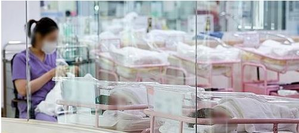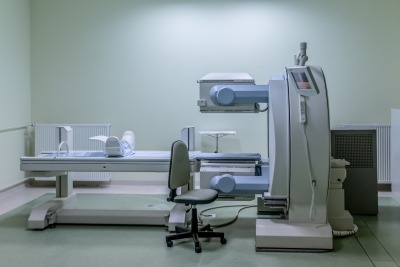New Delhi, 5 April (IANS). According to a study, newborns who take antibiotics in the first few weeks of life may have less effect of essential vaccines (vaccine) in childhood.
Scientists at Flinders University in Australia said that the reason for this is a decrease in the amount of ‘Bifyobacterium’ found in the intestines of the body.
The study published in the magazine Nature has revealed that when infants were given probiotic (beneficial bacteria tablets or powder) to infants, the immunity of children began to strengthen again.
Researcher David J. Lynn said that if a child is given antibiotics at the beginning of life, then the loss can be reduced by giving probiotic and the effect of vaccines can be improved.
In this research, scientists saw 191 healthy newborns for 15 months. They were all born from normal delivery. Of these, 86 percent of the children were given Hepatitis-B vaccine at birth, and regular vaccines were placed at the age of 6 weeks.
The examination of blood and feces samples found that the children who were directly antibiotic after birth were very low of antibodies made against vaccine called PCV13.
PCV13 vaccine is given to children to protect against serious diseases like pneumonia, blood infection and meningitis. This vaccine helps fight a dangerous bacteria called Streptococcus pneumonia.
Research also revealed that when probiotic was given to mice, their immunity became good again. This proves that giving probiotic can reduce the bad effects of antibiotics.
Researchers stated that these results indicate that the effect of some vaccines, especially the protein-populicide conjugate vaccines, depends to a great extent on the good bacteria present in our stomach. Therefore, probiotic giving antibiotics in a newborn can be an easy, inexpensive and safe way to improve vaccination reactions. “
-IANS
AS/






